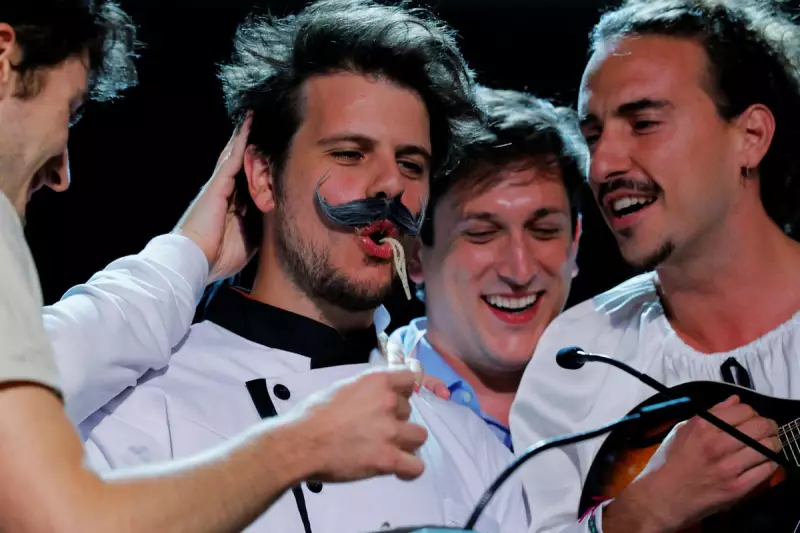
The 33rd First Annual Ig Nobel Prize ceremony has once again honoured the scientific studies that first make people laugh, and then make them think. Held virtually at Harvard University, the awards celebrated the most improbable and quirky research achievements of the past year.
The coveted prize for Physics was awarded to a team that tackled one of culinary science's most frustrating puzzles: why does dry spaghetti so often break into more than two pieces when bent? The researchers' meticulous work finally cracked this pasta-based conundrum.
In the field of Biology, a long-standing mystery of the animal kingdom was resolved. A determined research team was recognised for their work in discovering that dead maggots tend to 'jump' or move considerably more from an animal's carcass than live ones do, a finding with fascinating forensic implications.
Perhaps one of the most charming awards went to the Medicine category. Scientists were honoured for exploring a novel use for spent espresso grounds. Their research investigated how this common waste product could be repurposed to repair broken bones, offering a potential caffeine-fuelled solution in biomedicine.
The ceremony, renowned for its blend of genuine scientific merit and outright silliness, continues to be a beloved event in the academic calendar, proving that curiosity and a sense of humour are essential ingredients for discovery.





